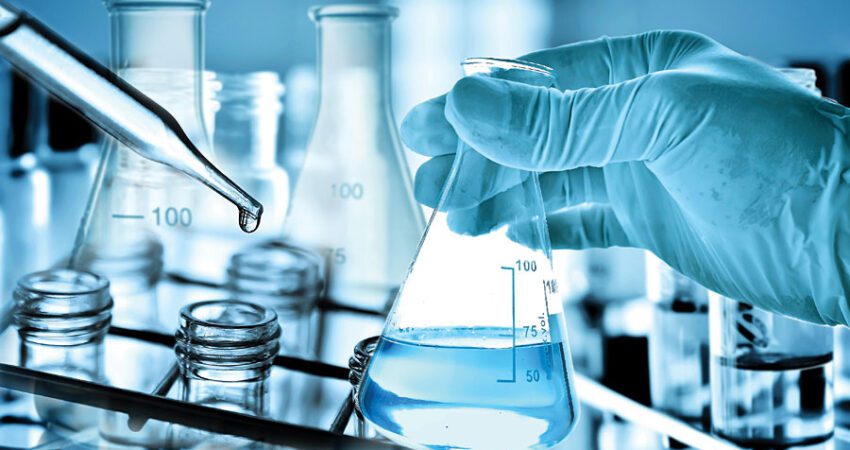In the chemical industry, temperature measurement plays a vital role in ensuring process efficiency, product quality, and safety. Accurate and reliable temperature monitoring is crucial for maintaining optimal conditions, preventing equipment failure, and achieving consistent product outcomes. Among the various temperature sensing devices available, thermocouples have proven to be a popular choice due to their wide temperature range, durability, and versatility. In this article, we will explore the importance of thermocouple selection in the chemical industry and provide guidance on choosing the right thermocouple for specific applications.
- Understanding Thermocouples: Thermocouples are temperature sensors composed of two dissimilar metal wires joined at one end, forming a junction. This junction generates a voltage proportional to the temperature difference between the junction and the other end of the thermocouple. The temperature measurement accuracy and range of a thermocouple depend on the type of metal alloys used.
- Considerations for Thermocouple Selection: 2.1 Temperature Range: The chemical industry often operates at extreme temperatures, ranging from cryogenic conditions to high-temperature processes. Selecting a thermocouple that can withstand and accurately measure within the desired temperature range is crucial. Different thermocouple types offer varying temperature capabilities, such as Type K (−200°C to 1,370°C), Type J (−210°C to 1,200°C), and Type N (−200°C to 1,300°C).
2.2 Chemical Compatibility: Chemical processes involve exposure to corrosive environments and potentially reactive substances. It is essential to choose a thermocouple that is chemically compatible with the process media to ensure long-term reliability. Consider factors such as resistance to chemical attack, oxidation, and reduction when selecting the appropriate thermocouple materials.
2.3 Accuracy and Sensitivity: Accurate temperature measurement is critical for process control and product quality. Different thermocouple types have varying levels of accuracy and sensitivity. Understanding the required accuracy for your specific application will help determine the most suitable thermocouple type.
2.4 Response Time: Some chemical processes involve rapid temperature changes or require precise control of heating or cooling rates. Thermocouples have different response times due to variations in thermal conductivity. Consider the response time requirements of your application to choose a thermocouple that can provide the necessary speed of temperature measurement.
2.5 Physical Constraints: The physical environment of the chemical industry can be challenging, with factors like vibration, pressure, and mechanical stress. Ensure that the selected thermocouple is robust enough to withstand these conditions and has appropriate protection options, such as metal sheaths or ceramic tubes, to prevent damage.
- Common Thermocouple Types: 3.1 Type K Thermocouples: Type K thermocouples, made from Nickel-Chromium/Nickel-Alumel alloys, are widely used in the chemical industry due to their high-temperature range, durability, and low cost. They offer good accuracy and are suitable for various applications, including oxidation and reducing atmospheres.
3.2 Type J Thermocouples: Type J thermocouples, made from Iron/Constantan alloys, are suitable for lower-temperature applications. They exhibit good resistance to oxidation and are commonly used in vacuum furnaces, ovens, and kilns.
3.3 Type T Thermocouples: Type T thermocouples, made from Copper/Constantan alloys, are ideal for cryogenic and low-temperature applications. They offer excellent accuracy, stability, and resistance to chemical attack, making them suitable for chemical reactors and cryogenic storage.
- Calibration and Maintenance: Regular calibration of thermocouples is essential to ensure accurate temperature measurement. Calibration can be performed using known reference temperatures or by utilizing calibration services. Additionally, periodic inspection and maintenance are necessary to identify any wear, damage, or drift in the thermocouples, ensuring their continued performance and reliability.
Conclusion: Choosing the right thermocouple for temperature measurement in the chemical industry is crucial for maintaining process efficiency, product quality, and safety. Considerations such as temperature range, chemical compatibility, accuracy, response time, and physical constraints should guide your selection process. Understanding the various thermocouple types and their characteristics will help you make an informed decision. Remember, accurate and reliable temperature measurement is an investment in process optimization and ultimately leads to improved product quantity, reliability, and reduced rejection in the chemical industry.
